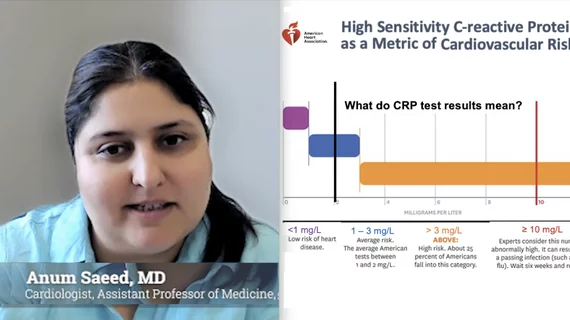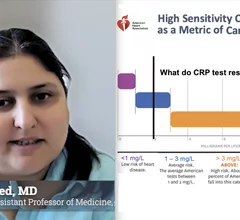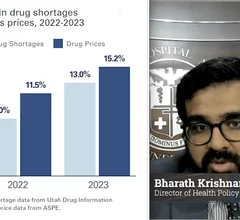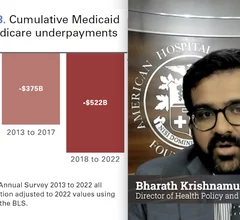American Hospital Association (AHA)
This page includes news from the American Hospital Association (AHA) is a healthcare industry trade group representing hospitals and healthcare providers and a key source of information on healthcare issues, trends and advocacy in legislation. Nearly 5,000 hospitals, health care systems, networks, other providers of care and 43,000 individual members come together to form the AHA. AHA ensures that members' perspectives and needs are heard and addressed in national health policy development, legislative and regulatory debates, and judicial matters.













